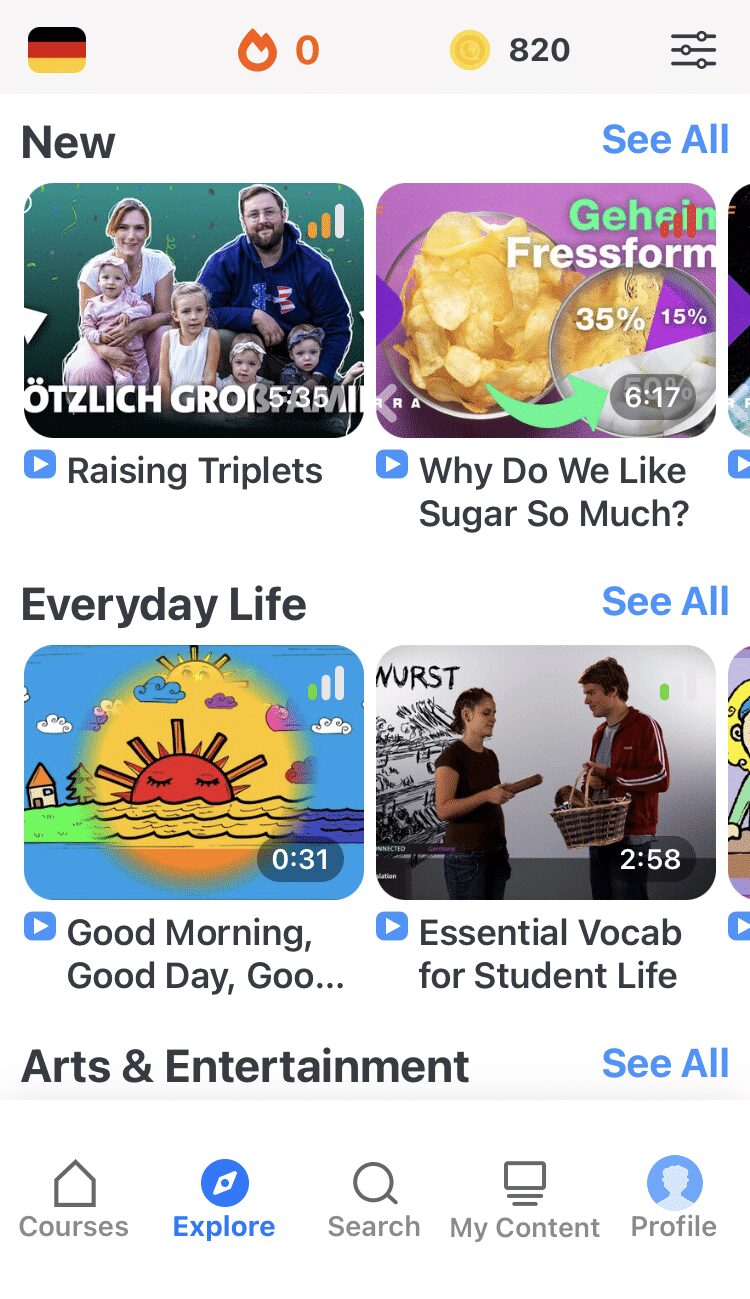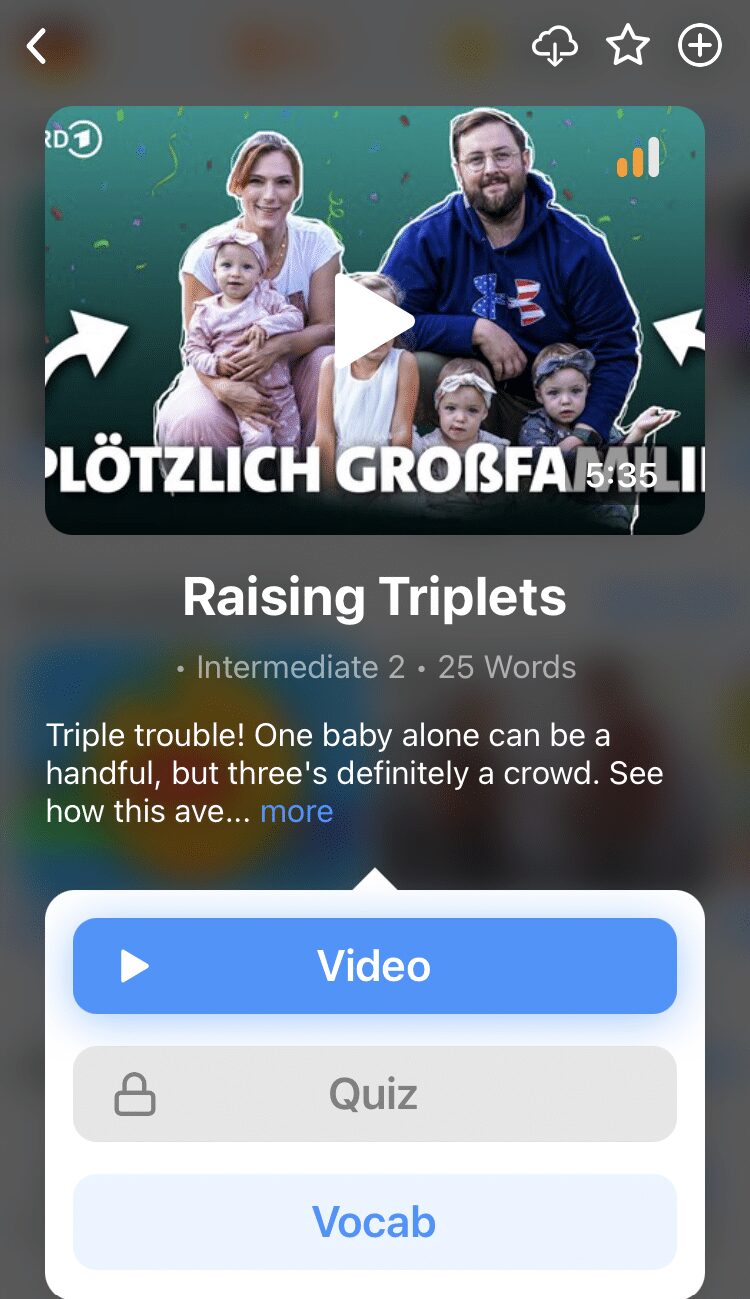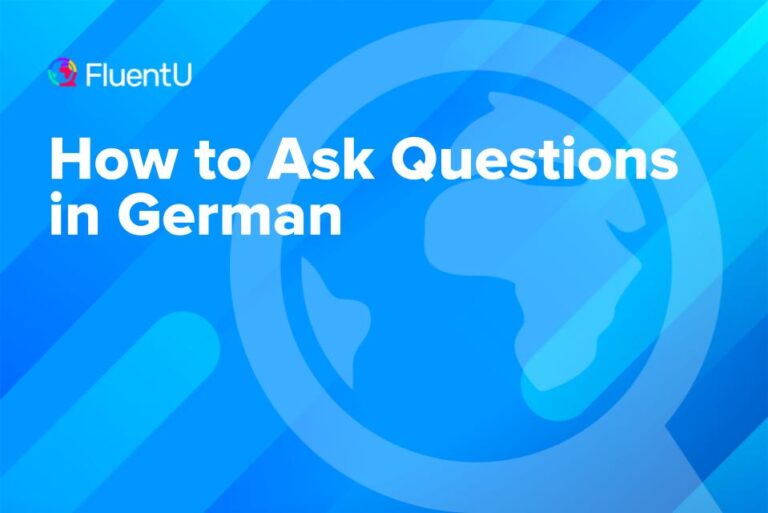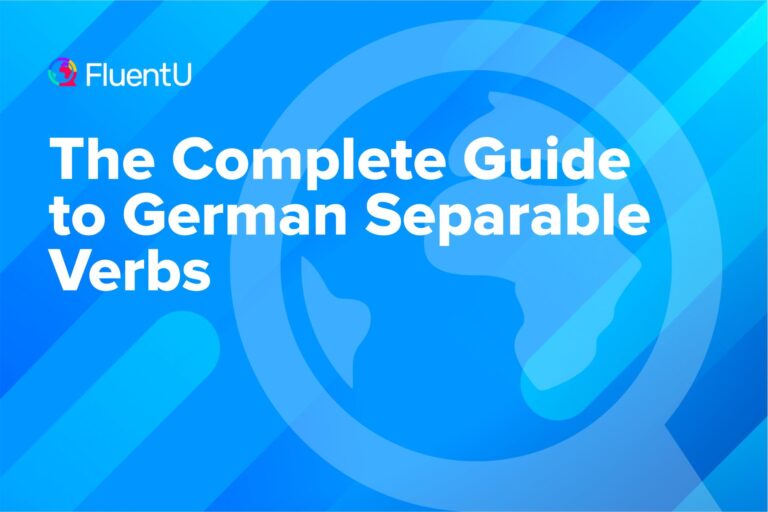German Negation Explained
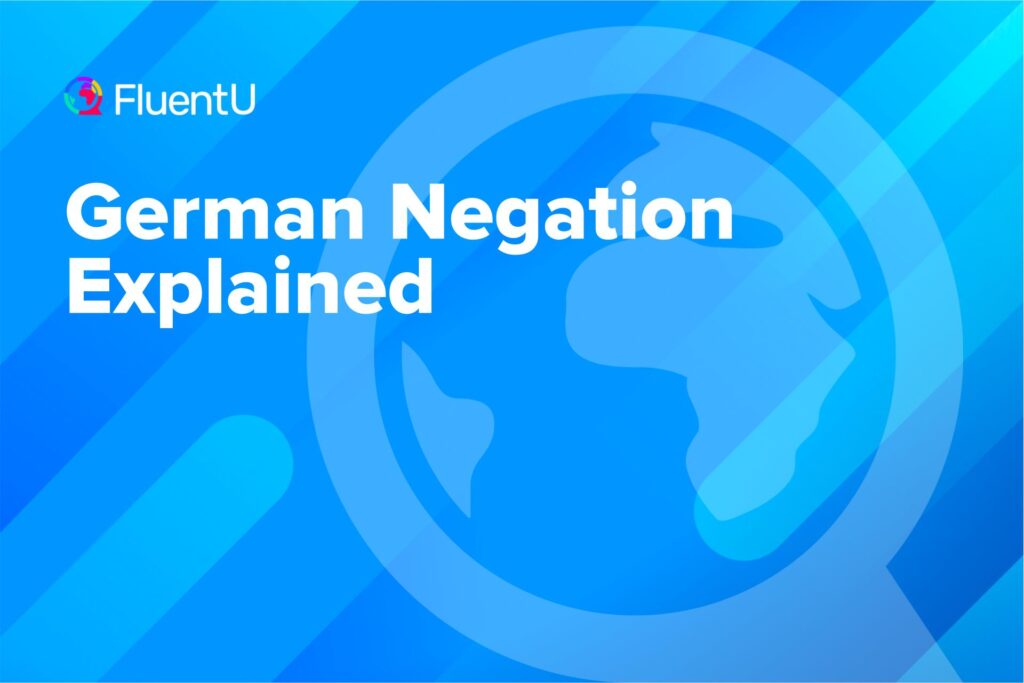
The ability to express the negative is an essential step on your path to conquering German. Learn the rules of negation in German, and you’ll find that a world of opportunity opens up in front of you.
In this post, we have the complete guide for learning German negation. If you’re interested in all the ways to say “no” in German, you can also check out this post on using nein.
Download: This blog post is available as a convenient and portable PDF that you can take anywhere. Click here to get a copy. (Download)
1. Nicht
vs. Kein
German negation is commonly expressed using the words nicht (not) and kein (no, none). Generally, kein is used for common nouns that use indefinite articles (or no articles) or to mean “none,” while nicht is used for everything else.
Let’s take closer look at their uses!
When to use kein
| What Kein Negates | Example |
|---|---|
| A noun (when neither definite article or indefinite article is present) | Es gibt keine Bananen.* (There are no bananas.) *Careful: in English, you could also use "not" to say es gibt nicht Bananen (there aren't bananas), but this is not grammatically correct in German! |
| In place of a noun to mean "none" (when the subject is already known) | Gibt es Bananen? (Are there bananas?) Nein, es gibt keine.** (No, there are none.) **Just like the indefinite article ein (a, an), kein needs to be "declined"—i.e., its ending needs to change accordingly to indicate the plural. |
When to use nicht
| What Nicht Negates | Example |
|---|---|
| A verb | Er schwimmt nicht. (He does not swim.) |
| A noun (when a definite article is present) | Ich kenne den Film nicht. (I do not know the film.) |
| A proper noun (i.e., a name) | Sie heißt nicht Maria. (Her name's not Maria.) |
| A possessive adjective | Das ist nicht mein Auto. (That's not my car.) |
| An adjective or adverb | Diese Banane ist nicht reif. (This banana is not ripe.) |
Where to put nicht
Generally, nicht goes at the end of the sentence. However, nicht also goes before a specific word when it’s the subject to be negated, rather than the whole sentence, like in:
Kommt Maria morgen?
(Is Maria coming tomorrow?)
Nein, nicht Maria kommt, sondern Franz.
(No, Maria is not coming, but rather Franz.)
In the above, you’re emphasizing that it’s Maria who isn’t coming.
You’ll notice that nicht does tend to jump about a bit, and there are a few more specific rules regarding this behavior.
| Where to Place Nicht | Example |
|---|---|
| Before an adjective or most adverbs* *After an adverb of time | Er kann heute nicht kommen. (He cannot come today.) |
| Before a preposition | Wir interessieren uns nicht für Golf. (We're not interested in golf.) |
| Between a modal verb and infinitive verb | Er kann nicht schwimmen. (He cannot swim.) |
| Before a verb prefix in a separable verb | Wir rufen uns nicht an. (We do not phone each other.) |
Don’t worry if this seems like a lot to remember! It’s good to be aware of the rules, but in reality you’ll quickly develop an intuitive sense for where to place nicht, simply by listening, practicing and making mistakes. For example, you can use a program like FluentU to tune your ears to the proper placement and usage of this word.
FluentU takes authentic videos—like music videos, movie trailers, news and inspiring talks—and turns them into personalized language learning lessons.
You can try FluentU for free for 2 weeks. Check out the website or download the iOS app or Android app.
P.S. Click here to take advantage of our current sale! (Expires at the end of this month.)
2. Nicht … sondern / Nicht nur … sondern auch
We touched this in an earlier example (the one with Maria and Franz). Nicht … sondern (not…but rather) is used to negate one thing in favor of another.
Ich habe nicht Samstag frei, sondern Sonntag.
(I’m not free on Saturday, but rather Sunday.)
You can also pair sondern with nicht nur (not only) to use it in a positive, additive sense: nicht nur … sondern auch (not only…but also). So you could change the meaning of the above sentence as follows:
Ich habe nicht nur Samstag frei, sondern auch Sonntag.
(I’m not only free on Saturday, but also Sunday.)
3. Kein … mehr / Nicht mehr
When mehr comes after kein or nicht, it means “no more” or “no longer.” As you can see in the examples below, mehr behaves differently for kein and nicht—i.e., it’s positioned differently in the sentence.
Wir haben keine Bananen mehr. (We do not have any more bananas.)
Er arbeitet hier nicht mehr. (He no longer works here.)
4. Noch nicht / Noch kein
Noch (still/yet) is used to indicate that something is not yet complete and is often used in response to a question. Whether you use nicht or kein will follow the rules already outlined above.
Note that schon (already) is the positive counterpart to noch.
Bist du schon fertig?
(Are you already finished?)
Nein, ich bin noch nicht fertig.
(No, I’m not finished yet.)
Hast du (schon) eine Antwort bekommen?
(Have you [already] received an answer?)
Nein, ich habe noch keine Antwort bekommen.
(No, I still have not received any answer.)
5. Weder … noch
Noch can also mean “nor” when paired with weder (neither). So the German Weder… noch works in the same way as its English counterpart (neither…nor).
Wir haben weder Banenen noch Ananas. (We have neither bananas nor pineapples.)
Sie spricht weder Englisch noch Deutsch. (She speaks neither English nor German.)
Other German negation words (and their positives)
Here are a few more handy negatives to keep in mind. Their positive counterparts (some have more than one!) are also listed. The reason I included the positives as well is because they’ll often show up in questions, so if you know them, you can respond accordingly.
| Other German Negation Words | Positive Counterparts |
|---|---|
| nichts (nothing) | etwas (something) alles (everything) |
| niemand (nobody) | jemand (somebody/anybody) |
| irgendwo (somewhere) | nirgendwo / nirgends (nowhere) |
| nie / niemals (never) | immer (always) oft (often) manchmal (sometimes) |
| ohne (without) | mit (with) |
And last but not least:
doch (yes)
Broadly translated as “yes,” there’s actually no English equivalent to doch. It’s often used as a “flavoring particle” to alter the tone of a sentence. The concept of “flavoring particles” deserves its own discussion, so start here if you’d like to explore it further.
For our purposes, just be aware that the simplest form of doch is used as an affirmative response to a negatively-framed question:
Kommst du nicht mit?
(Aren’t you coming?)
Doch! Ich komme mit.
(Yes! On the contrary, I am.)
Get the hang of these basics and you’ll be feeling positive about the “negative” side of German in no time!
Download: This blog post is available as a convenient and portable PDF that you can take anywhere. Click here to get a copy. (Download)
And One More Thing...
Want to know the key to learning German effectively?
It's using the right content and tools, like FluentU has to offer! Browse hundreds of videos, take endless quizzes and master the German language faster than you've ever imagine!
Watching a fun video, but having trouble understanding it? FluentU brings native videos within reach with interactive subtitles.
You can tap on any word to look it up instantly. Every definition has examples that have been written to help you understand how the word is used. If you see an interesting word you don't know, you can add it to a vocabulary list.
And FluentU isn't just for watching videos. It's a complete platform for learning. It's designed to effectively teach you all the vocabulary from any video. Swipe left or right to see more examples of the word you're on.
The best part is that FluentU keeps track of the vocabulary that you're learning, and gives you extra practice with difficult words. It'll even remind you when it’s time to review what you’ve learned.
Start using the FluentU website on your computer or tablet or, better yet, download the FluentU app from the iTunes or Google Play store. Click here to take advantage of our current sale! (Expires at the end of this month.)

